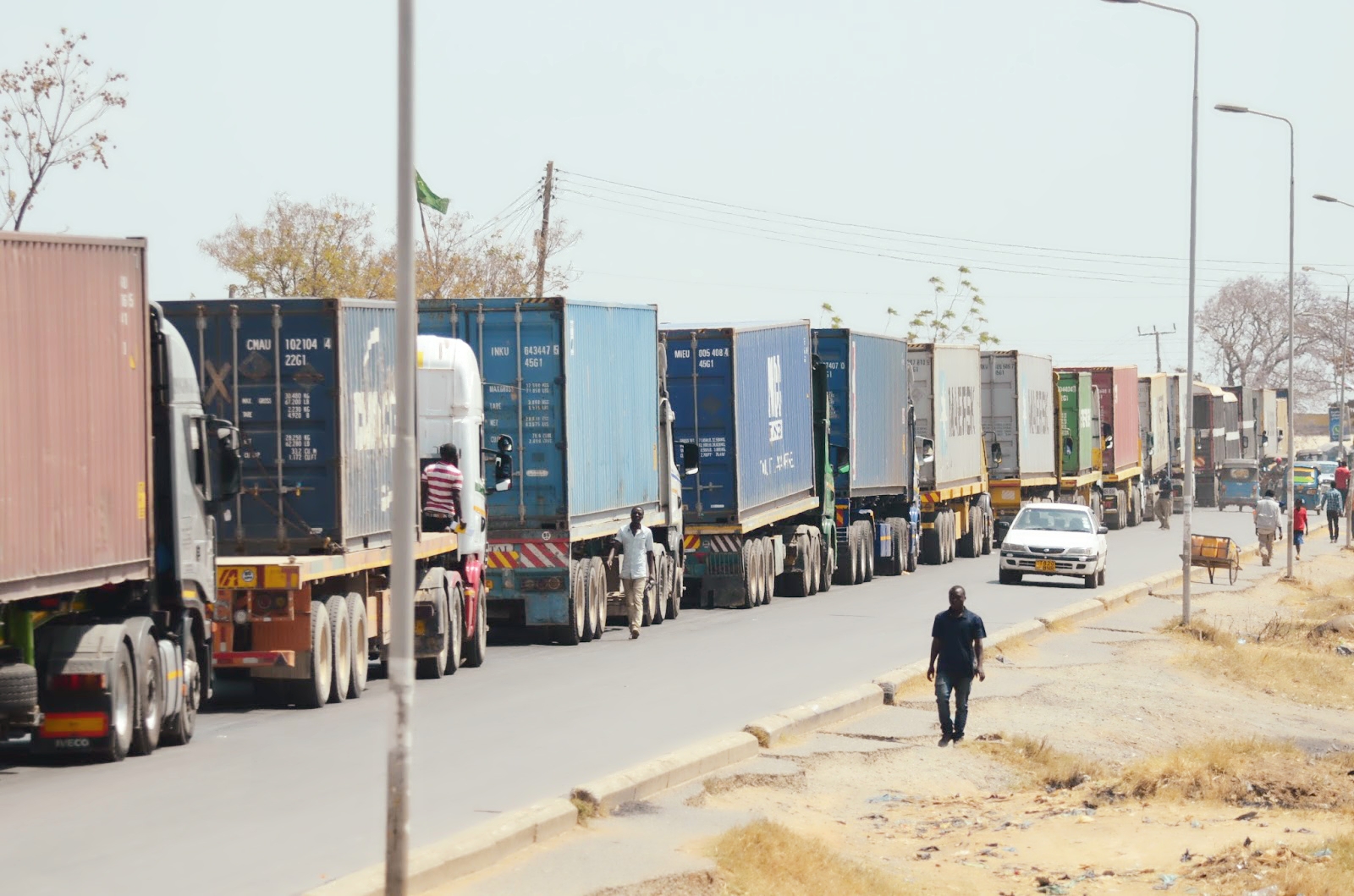The European Union: six decades of twists and turns

Paris. From economic union via the euro to a migration crisis and Brexit, here is a look at six decades of ups and downs in the European Union.
- Birth of a European bloc -
On May 9, 1950, French foreign minister Robert Schuman unveils proposals for an economic union between France and West Germany.
A year later six countries -- Belgium, France, West Germany, Italy, Luxembourg and the Netherlands -- establish the European Coal and Steel Community.
- Towards the EU -
On March 25, 1957 the same six sign the Treaty of Rome that establishes the European Economic Community, a common market.
The EEC takes effect a year later, founding key European institutions: the Council of Ministers, the executive European Commission and the Parliamentary Assembly, which later becomes the European Parliament.
The first parliamentary elections by direct universal suffrage take place in 1979.
Britain, Denmark and Ireland join the EEC on January 1, 1973. They are followed by Greece in 1981, Portugal and Spain in 1986, and Austria, Finland and Sweden in 1995.
On February 7, 1992 the Maastricht Treaty is signed, laying the foundation for a single European currency.
In January 1993 a single market allowing the free movement of goods, services, people and capital becomes reality.
The EEC becomes the European Union on November 1, 1993.
It is only in March 1995, however, that travellers in some EU member states are able to travel without showing their passports under the Schengen accord that drops some internal border controls.
- Euro and enlargement -
Euro banknotes and coins go into circulation in 12 countries on January 1, 2002, replacing national currencies such as the deutschmark, franc, lira and peseta.
Britain, Denmark and Sweden, however, decide to keep their currencies.
The EU on May 1, 2004 swells to 25 members, taking in Cyprus, the Czech Republic, Estonia, Hungary, Latvia, Lithuania, Malta, Poland, Slovakia and Slovenia.
Bulgaria and Romania join in 2007, and Croatia becomes the 28th member in 2013.
- Crises -
Storm clouds gather in 2005 as French voters reject a draft European constitution as proposed in the Treaty of Lisbon. Three days later, Dutch voters do the same.
European leaders manage to get the treaty ratified in 2009 with provisions designed to improve the functioning of the enlarged EU institutions.
In November 2009 Athens reveals a sharp rise in its public deficit, unleashing a financial crisis across the then 16-member eurozone.
First Greece, then Ireland, Portugal, Spain and Cyprus seek aid from the EU and the International Monetary Fund, which demand strict fiscal discipline in return.
Heads of government fall as austerity measures provoke a popular backlash.
As it emerges from the financial crisis, Europe is hit by the arrival of hundreds of thousands of asylum-seekers, peaking at around one million in 2015, according to the International Organization for Migration.
EU leaders fail to work out a joint action plan.
- Brexit blow -
In the biggest blow to the union, Britain on June 23, 2016, votes 52 percent in favour of quitting the EU, which is weakened by rising populism and euroscepticism.
After three years of disagreement and delays over the divorce terms, the deadline for Brexit is pushed back three times from March 29, 2019.
The impasse prompts Prime Minister Boris Johnson to call an election in December 2019. His Conservatives win a resounding majority and the Brexit deal passes parliament.
On January 31, 2020, Britain becomes the first country to leave the EU.
London and Brussels strike a post-Brexit trade deal on December 24, just days before Britain's finally left the EU single market and customs union at 2300 GMT on December 31.




